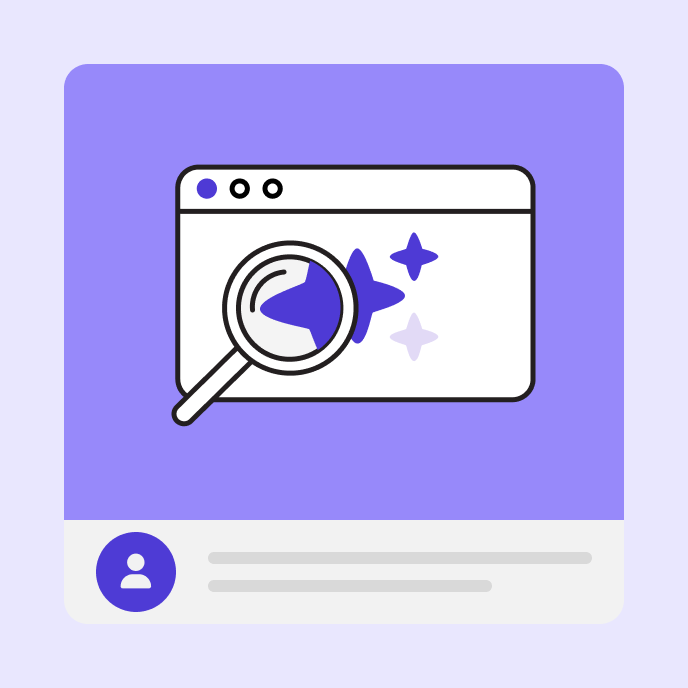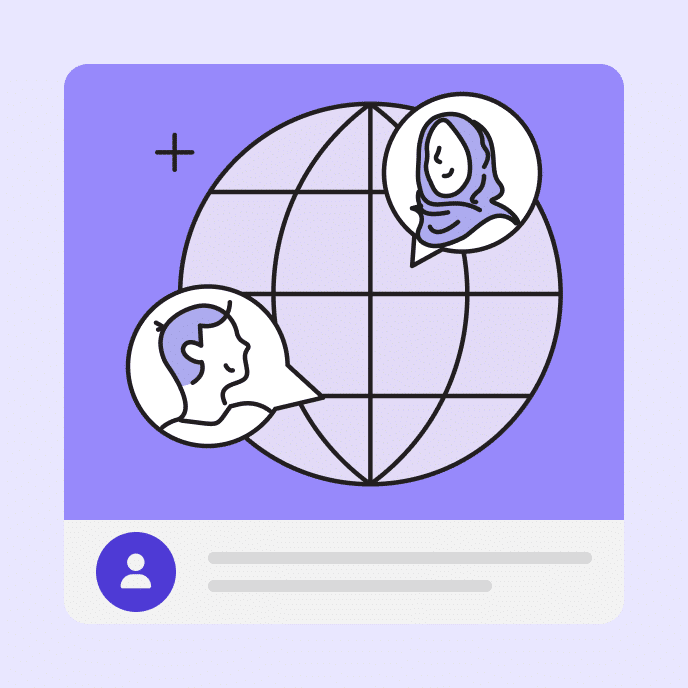Hospitality Starts Here: Why Front-of-House Training Is Your Competitive Edge
Hospitality success starts with well-trained front-of-house staff. Discover why and get practical tips to incorporate FOH training in busy shifts.

Front-of-house employee training trends highlight a glaring business opportunity
Hourly front-of-house (FOH) employees received 20 percent less new hire training compared to the previous year, according to the latest Hospitality Training Report from Opus. The same report finds that ongoing training for FOH staff has dropped by more than 20 percent.
Poor training is a serious problem in an industry where service is everything. Every interaction at the host stand, reception desk, service counter, or dining room floor shapes customer perception—and ultimately, your bottom line.
The good news? While others are pulling back, businesses that invest in FOH training have a golden opportunity to stand out. Here’s how prioritizing FOH training can give you a real competitive advantage.
Key Takeaways
- The front-of-house employee training gap costs hotels, restaurants, and other hospitality businesses more than they may realize.
- Investing in FOH training boosts revenue through better customer service, improved efficiency, and higher employee retention.
- Effective training doesn’t have to take long to create or complete. Microlearning, digital practice activities, and AI-supported online learning tools can deliver quick results.
3 ways front-of-house training boosts your bottom line
1. Deliver better customer service that drives revenue growth
Today’s customers aren’t just buying a meal or a place to stay—they’re paying for an experience. With rising costs across the industry, their expectations have never been higher. As one hospitality industry leader put it in the Opus Hospitality Training Report:
“We are seeing a rise in demand for great service as we are increasing our prices. It is important we protect the hospitality industry by educating the next generation on what hospitality truly means.”
-Executive, 100+ location restaurant
Well-trained FOH employees don’t just meet guest expectations—they exceed them. They know how to anticipate needs, upsell without being pushy, handle customer concerns with confidence, and create memorable interactions that lead to repeat business and glowing reviews.
FOH soft skills training on topics like communication, conflict resolution, personalization, and emotional intelligence doesn’t just improve customer service—it drives revenue.
2. Streamline operations and turn efficiency into profit
Even small employee skill gains can have a huge impact on how smoothly hospitality operations run. Skilled employees work faster, make fewer mistakes, and solve problems independently.
The operational impact is clear:
- Quicker table turns generate more revenue per shift.
- Fewer order errors reduce waste and comped meals.
- Stronger problem-solving skills reduce work disruptions and the need for managerial intervention.
3. Win the hospitality talent wars: train, retain, and reduce turnover
Finding and keeping talent has never been more challenging—or more critical. With a 73.8 percent annual turnover rate, the hospitality sector faces one of the highest employee churn rates of any industry. Meanwhile, more than three-quarters of surveyed hotels report ongoing staffing shortages, and restaurants are struggling, too.
Understaffing and high turnover create a negative snowball effect across an org. When teams are overstretched, stress levels rise, service quality suffers, and existing employees burn out faster. This leads to more resignations and pushes businesses into a costly cycle of constant hiring and retraining.
That’s why retention is everything. Employees who are supported, valued, and given the tools to succeed are far more likely to stay. Strong onboarding, ongoing training, and clear growth opportunities help create job “stickiness” and plug the hospitality talent drain.
How to create effective hospitality training—without the time drain
Want the benefits of great FOH training—but don’t have months to build it? No problem. The best training programs are quick to develop, easy to complete, and laser-focused on business goals.
Here are four quick tips to make it happen:
- Tie training to measurable outcomes. Define clear success metrics—like faster table turns, higher upsell rates, or improved customer reviews—to design training that drives business results. Track your training outcomes, and tweak them as needed.
- Harness the power of specialized tools. Get support from AI-powered e-learning authoring tools to create online hospitality courses up to 9x faster, reducing the burden on busy teams.
- Try microlearning. Skip long in-person sessions. Instead, build short, mobile-friendly, microlearning courses that fit into downtime or pre-shift meetings, making continuous training easier to manage.
- Prioritize hands-on practice. Focus on interactive role-playing and real-world scenarios to build employee confidence and problem-solving skills before they ever interact with customers.
Online learning can help you deliver quick and effective hospitality training. Check out this example, which showcases how to train staff members to respond to positive, neutral, and negative customer feedback. Click here to explore the full course.
FOH training is the ROI you can’t afford to ignore
Front-of-house training is a must-have for hospitality businesses that want to thrive in a competitive market. By investing in your FOH team, you can elevate service, streamline operations, and retain top talent—all while boosting your bottom line.
For more real-world examples, check out this case study on how The Dead Rabbit cocktail bar trained FOH employees to deliver highly personalized, top-tier customer experiences.
You may also like

How to Create Effective AI Prompts that Generate Tangible Results
Learn how to write an effective AI prompt that generates relevant, useful responses, and explore helpful examples, tips, and the pros and cons of AI writing.

